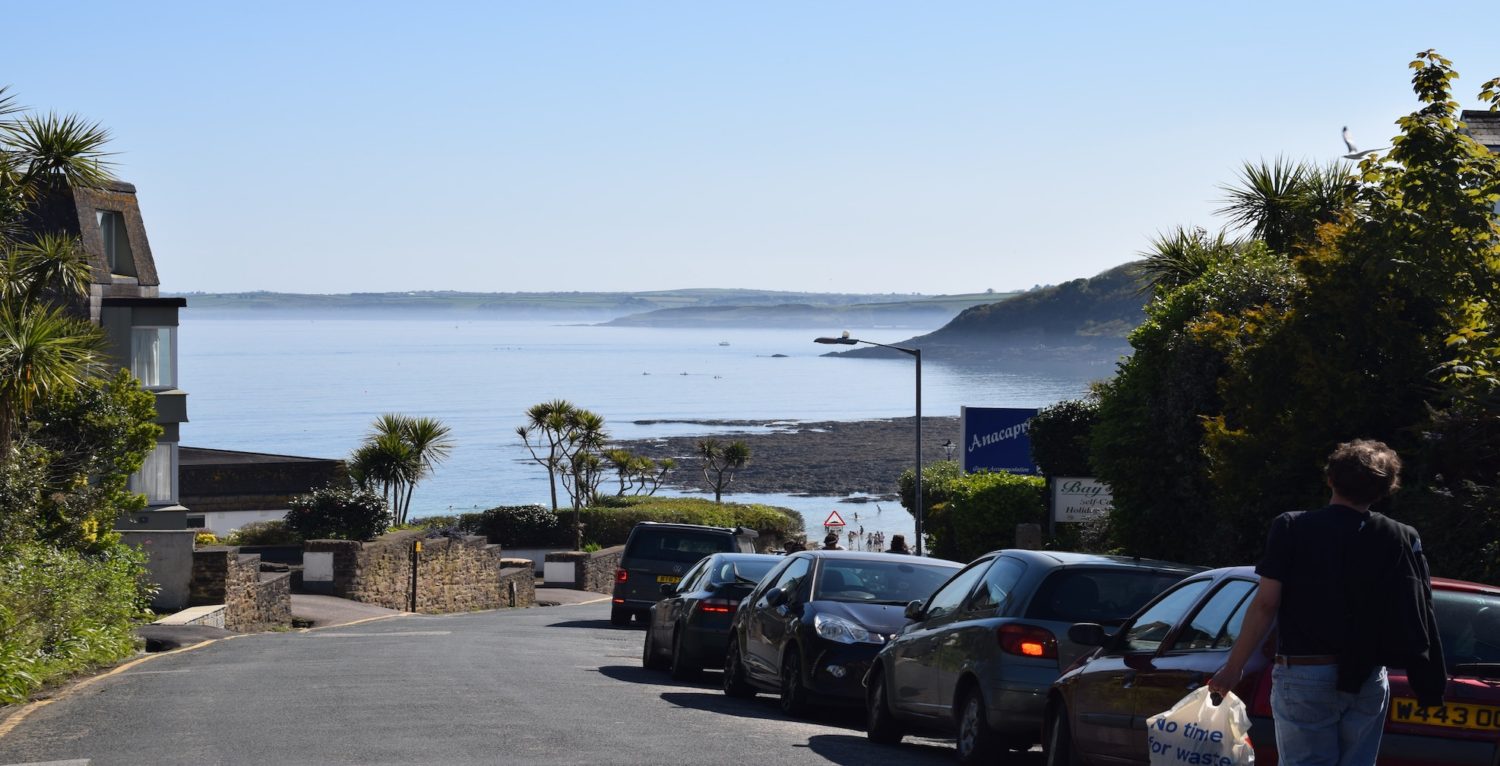On the road to net zero
UK citizens are wedded to their holidays - but if we are to tackle the climate crisis, consumers, government and the tourism sector must make changes. Tim Coles explains
It may seem a distant memory but it is a matter of weeks since COP26 took place in Glasgow. The event will be remembered for many things, perhaps most of all the mantra ‘keep 1.5c alive’. To restate its commitment to the goal, prior to COP26 the UK government published its latest Net Zero strategy encouraging earlier action and bringing the 2030s into focus.
There is no doubt that the tourism sector should contribute to achieving net zero ambitions, both in the UK and internationally. From 2009 to 2013, the tourism sector accounted for about 8 per cent of global greenhouse gas emissions. But the question is ‘how?’, the problem seems wicked, and the solutions are messy.
A simple but perhaps trite answer is, stop flying. Alternatively, do not go on holiday, especially abroad. But both are clearly unrealistic.
Research has long demonstrated just how wedded UK citizens are to their holidays, their rights to travel and to flying. Prior to the pandemic, UK residents made 93.1 million visits abroad. In 2018, aviation accounted for 7 per cent of UK greenhouse gas emissions. And of all the services comprising the tourism sector, it was the biggest and most conspicuous contributor to emissions.
Perhaps then, the answer lies in encouraging more domestic tourism? After all, other things being equal, emissions should fall by replacing an international vacation with an equivalent domestic holiday.
Before the pandemic, there may have been impediments to this in terms of negative perceptions of cost, quality and the weather. The 2021 season has though offered a glimpse of an alternative future, and it has not made for altogether easy viewing.
As more people chose to holiday at home, some popular destinations were stretched to capacity and even beyond, prices were at a premium, and the road system took up the strain, with rebuilding confidence in public transport a continuing challenge. Some new products and previously less popular destinations experienced a boom. However, in many established destinations, a disturbing trend was apparent. Accommodation was removed from residential lettings for local people and placed instead on short-term peer-to-peer booking sites for visitors.
Although integral to the solution, changing visitor behaviour is a significant challenge.
Further emissions savings may accrue if public transport were to convey more leisure travellers. Substituting rail for car has long been an aspiration but many destinations are not easily reached by public transport. Electric vehicles may offer an alternative, especially after 2030. Located peripherally, as yet many popular destinations lack appropriate charging infrastructure. Although they may behave sustainably at home, many travellers act differently when away and they place greater load on water, energy and waste systems. Inadvertently, through increasing utility costs, they also put pressure on the business models of the many small enterprises inhabiting the sector; businesses where the take-up of renewables has been historically modest.
Significant investment in future infrastructure and ancillary services is going to be vital if domestic tourism is to contribute more to net zero. Unused capacity may be regarded as a basis for growth. After all, average UK bedroom occupancy in 2019 was 80 to 84 per cent from June to August. Yet, these figures are for serviced accommodation, they exclude short-term holiday rentals, and as averages suggest limits to growth in the most desirable destinations and periods.
Relatively straightforward measures could contribute to lessening the existing load on local communities and environments in peak season (and possibly enabling growth). However, there appears little appetite in government to allow term-time absences or for reforming the dates of school holidays as periods when most people want, or have, to take time off.
A final option may be to limit or to reduce inbound international tourism.
This too seems unlikely. Not only are inbound visitors beneficial to the UK economy (£28.4bn spend in 2019). Growth in inbound tourism is also central to post-Brexit economic policy as first the Tourism Sector Deal (2019) and now the Tourism Recovery Plan (2021) reveal. The former contained a growth target of 23 per cent by 2025. the latter has called for a return to 2019 levels by 2023 (rejecting independent forecasts of 2025) and the resumption of growth thereafter.
The desirability of growth merely extends a long-term paradigm. However, analysis of the Tourism Sector Deal suggests that, had the pandemic not happened, encouraging travel and tourism in the short term to address a political crisis, would have comprised the UK’s ambitions to tackle the climate crisis. In other words, the pandemic has only postponed, not cancelled further planned growth from the 2019 baseline. Unless there are rapid improvements in aircraft-related technologies and other mitigation measures, total emissions will start to rise again as 2030 approaches.
To adapt Al Gore’s phrase, the UK government’s faith in aviation to deliver emissions-reducing solutions has been an uncomfortable truth. So too is the prospect that, in the near future at least, aviation-based tourism will be reliant on other sectors to deliver greater carbon savings to compensate for its performance in a net zero economy. Moving into the 2030s, emissions from aviation-based tourism will not be eliminated altogether. The awkward challenges is, as the government has found, to reduce them to socially- and politically-acceptable levels without infringing civil liberties.
Thus, a final discomfort may be that, rather than looking for government or tourism businesses to provide solutions alone, we can (and have to) take responsibility both as citizen-consumers and through the organisations we work for.
If the pandemic has taught us anything, it has been to challenge whether our travel is essential and, if it is, what is the best form? It is not too late to stop thinking what the environment can do for us, and to focus instead on what we can do individually and collectively for the environment.

